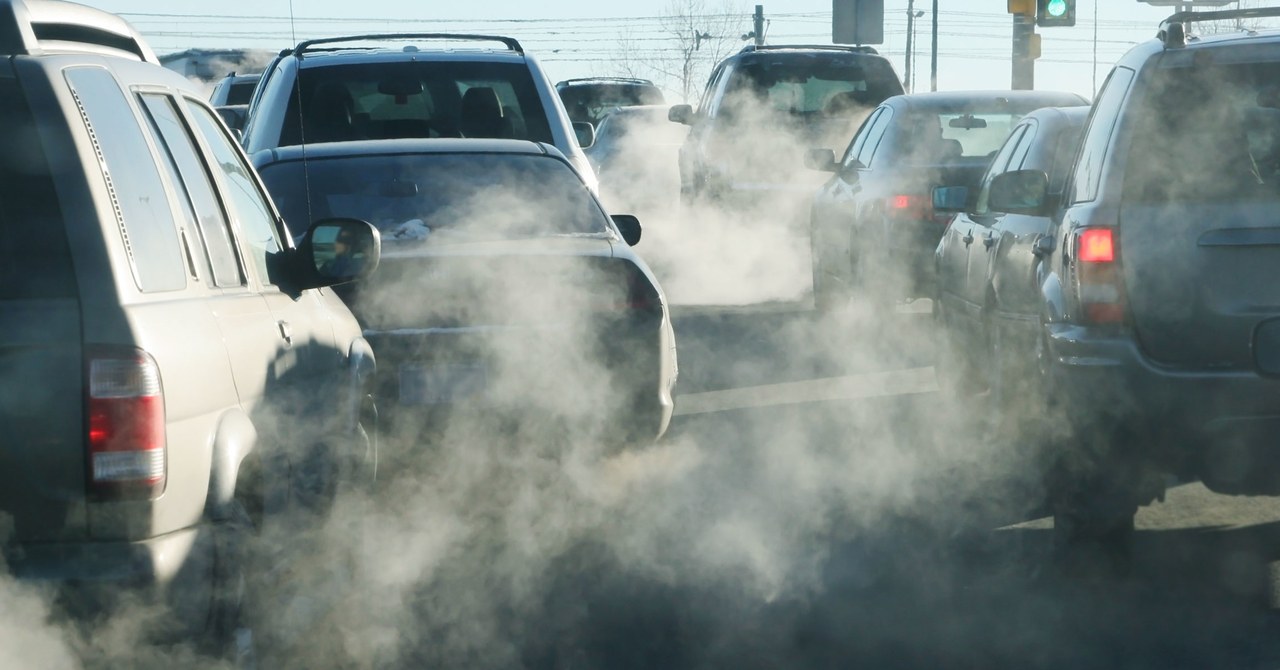This story originally appeared on Mother Jones and is part of the Climate Desk collaboration.
For climate-conscious Americans, cars are tough: We can’t live with ’em, can’t live without ’em. Yet while ride-sharing services like Uber and Lyft are reducing reliance on car ownership, they’re hardly solving our problems. According to a report released on Tuesday by the nonprofit research group Union of Concerned Scientists, such services now account for up to 13 percent of all vehicle traffic in major downtown areas. But rather than simply replacing other cars, Ubers and Lyfts are increasing the total number of car trips, and our collective carbon footprint, causing an estimated 69 percent more emissions than the trips they displace.
The reason for this is twofold. Analyzing public data from seven US cities, the report found that ride-sharing vehicles travel many miles in between passengers. Known as “deadheading,” this tendency, also seen with taxis, makes a nonpooled ride-hailing trip 47 percent more polluting than a private car ride. On top of that, a survey of California passengers found that ride-shares are replacing trips they’d otherwise take by mass transit, bike, or on foot. As a result, the report concludes, ride-sharing is “increasing vehicle travel, climate pollution, and congestion” in cities and suburbs alike—while remaining widely exempt from Read More

